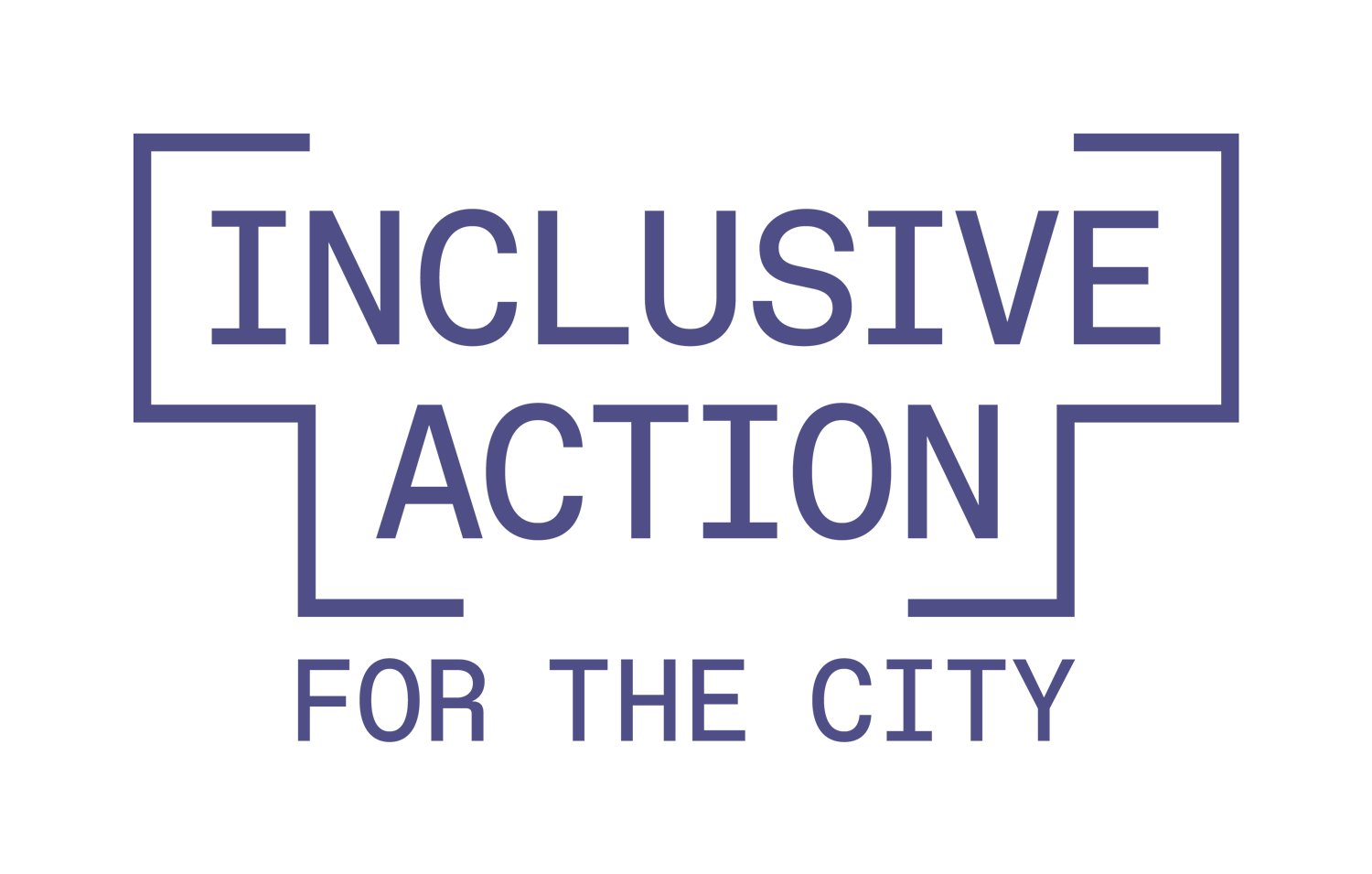Failures or Learning? Lessons in Micro-lending
By Andrea Avila, Acting Lending Director & Maribel Garcia, Lending Director
Inclusive Action began its microlending journey in 2016 after repeatedly hearing from street vendors that they had no access to affordable capital. Street vendors had their equipment confiscated or stolen, and faced financial challenges when trying to replace their equipment. It was then that we decided that Inclusive Action could and would be that source of affordable capital. To that end, we established the Semi’a Fund, a low-interest micro-loan program that provides low-interest capital and business coaching to entrepreneurs in our communities.
Since 2016, we’ve deployed over $3.3 million in microloans to micro businesses in Los Angeles County. In this time, we’ve seen that falling short of our goals can sometimes be a far greater teacher than consistently hitting our targets. Recognizing what isn’t working and why it isn’t working has helped us to refine our program and amplify the needs of our community, whose voices often go unheard.
In this spirit, we’re sharing the lessons we learned in 2023 to support other microlenders and CDFIs — we hope you find our experiences resonant and useful for your work.
In 2023, in the midst of small businesses experiencing the lingering effects of the COVID-19 pandemic and rising inflation, we learned a lot. Here are three big lessons we learned:
Increasing our community outreach efforts via canvassing — a door-to-door approach we’ve used for many years to build trusted relationships — did not increase our lending pipeline. Still, it enabled us to understand business owners' varied and sometimes unsuspecting needs. Repeatedly, we heard that the economic recession was hard on businesses, particularly small ones that rely on day-to-day income. We repeatedly heard from street vendors that they could not meet their debt obligations and from brick-and-mortar businesses that faced back-due rent and declining sales.
The political economy affected our existing clients in ways we could and could not anticipate (or plan well for). The economy impacted our clients, who expressed needing extra time to pay off their loans. We also learned that if we tie our lending outcomes to expected policy changes, unexpected delays may occur that slow the need for our capital services. In our case, we saw firsthand that the policy implementation of street vending carts is taking much more time than anticipated. Specifically, the manufacturing of carts and the development of a local street vending ordinance delayed the need for micro-loans and business coaching to formalize street vending operations.
Finding the perfect balance between providing intensive support to our existing clients, and serving other community members in need, required fine-tuning our human resources and partnerships. With new pathways for food street vendors to formalize their businesses, we saw the need to create spaces for them to get step-by-step support. This meant hosting monthly group workshops and our one-on-one coaching tailored to the needs of our microloan clients. As a result, we had to hire more staff, work with part-time staff, recalibrate our partnerships and clarify roles, and focus on tightening our internal systems to create further efficiencies — this was a lot to juggle at once!
While 2023 had some setbacks, it also resulted in big wins. We were able to offer over 850 hours of technical assistance to business owners. We continued to provide rent relief and $250,000 in small business grants. We continued our ‘rapid response’ by providing crisis services with $50,000 in microgrants to businesses affected by a freeway fire.
The learning from 2023 has led us to come into 2024 with the goals of continuing to innovate and responding rapidly to evolving and growing community needs. In this new year, we’re letting our new Access to Capital Strategy guide us and looking to scale our business coaching efforts through our newly developed Business Coaching Curriculum. We will also continue to offer free tax preparation services at our offices (VITA), microgrants to business owners who can benefit from debt-free capital, and expand our outreach to different business corridors across LA County by creating new partnerships with trusted community organizations, building relationships with banks that serve entrepreneurs, and marketing our business coaching widely.
We’re excited to welcome 2024 and implement what we have learned. We’d love to hear about your lessons if you're learning as you go. The more we can share, the stronger our ecosystem will be.
